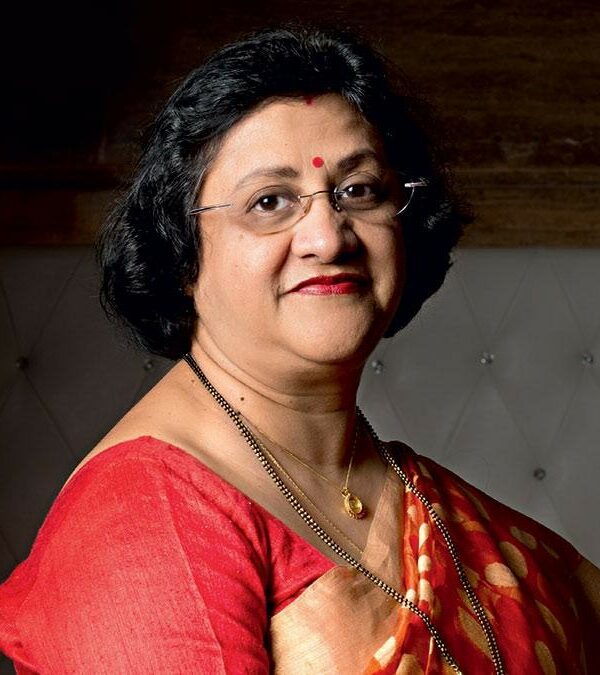Our heritage, the Indian heritage is extremely rich and variable there are myriad examples that can be quoted in various fields of art and science to prove the same. One of them is our music the Hindustani classical music. As we know music is the most abstract of all arts – Aldus Huxley rightly observed after the silence, which comes nearest to expressing the inexpressible is music.
A thing of pride
India is very rich in the musical tradition especially the Hindustani classical music. Indians should be extremely proud that we possess such a rare gem.
Nature of this kind of music
Calm and serene when the raga begins. Then becomes rhythmic, fast and reaches a crescendo towards the end. Here is the music that is supremely sublime.
One of the specialities of Hindustani classical music is, that there are ragas that can be played or sung or enjoyed at a particular time in a year –the seasons. The raga “Basanti” and “bahar” are the ragas of the spring season. The notes of these ragas truly make one feel as though the flowers of spring are blossoming, the slight breeze has started flowing after the harsh winters have ended. There is laughter in the breeze, new leaves sprout in mirth, and trees are in full blossom.

The monsoon is another important season in our country. And Hindustani classical music has a range of ragas for this season – Raga “megh”, raga “des”, raga “malhar” – to enjoy in the monsoon. Indian classical music sets the milieu of a particular season like no other music does.
It is said that the rendering of the monsoon raga can actually bring clouds and that of “Deepak” raga would light diyas.
There are special ragas for the morning, late morning, early evening. The bhairav todi, bairagi, bharavi are popular ragas, evening ragas include raman, bhaageshri, raageshri, puriya and suha. Malkuns is a raga that is sung a just before the sunrise. Where else can we get such a resemblance to music?
Indian classical music is a serious kind of music that need years of training and practice – it can be done under gurus and teachers. Now there are schools that train student’s right at their young age.
We must think of popularising this genre of Indian music especially among the youth so that they can carry forward our heritage.
For that the teaching style has to be relaxed, learning techniques like voice training need to be introduced. To make the learning more interesting, students can be encouraged to compare ou music with the western genre like jazz and folk music.
Also, the rendering for the ragas may be shortened for the today’s younger audience. The ultimate aim should be to gather more audience for this wonderful kind of music, where the artist is creating every moment with the seven notes.
This is the real “Kohinoor – the gem or our country”, that we should under no circumstance let fade away or die.












